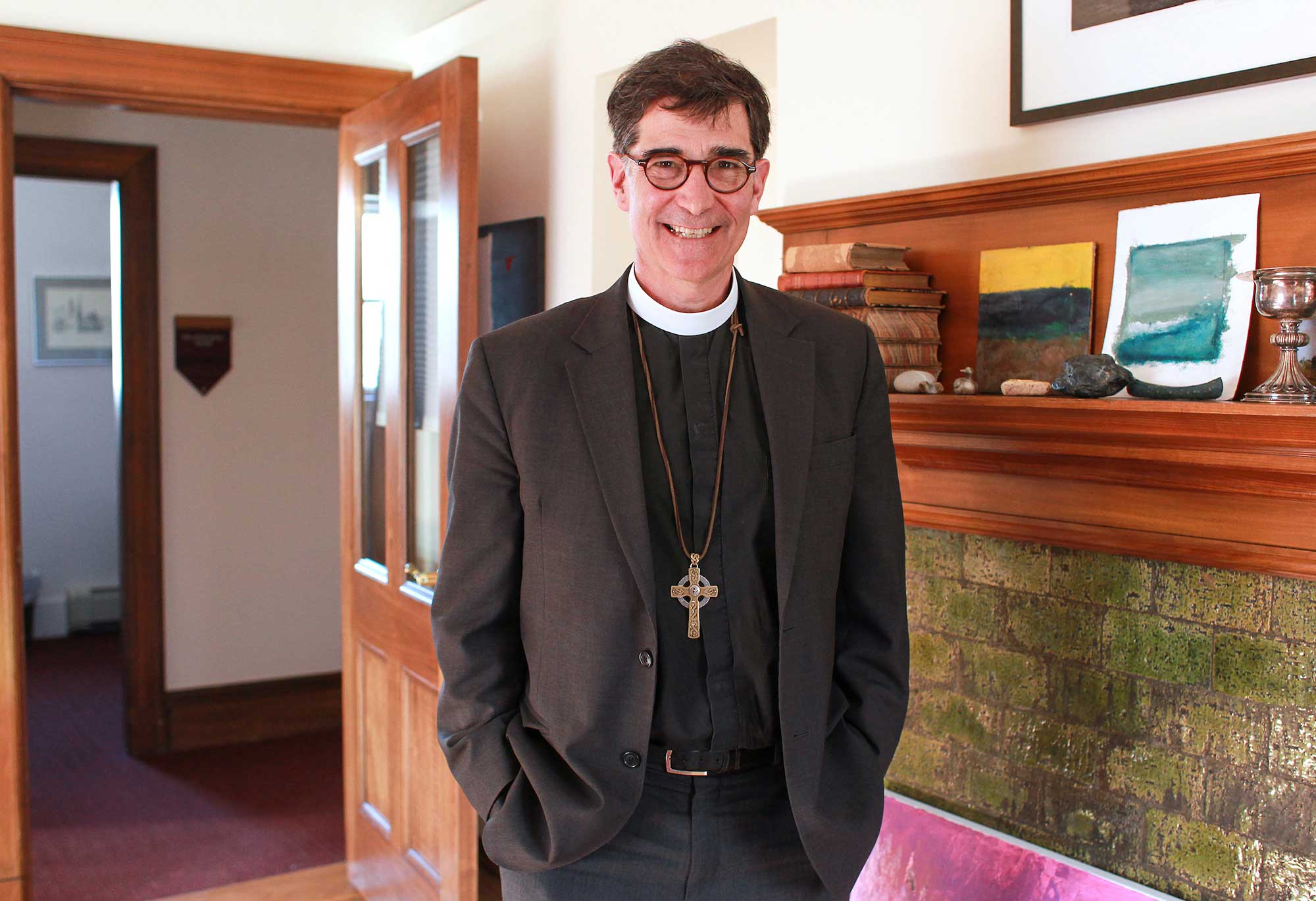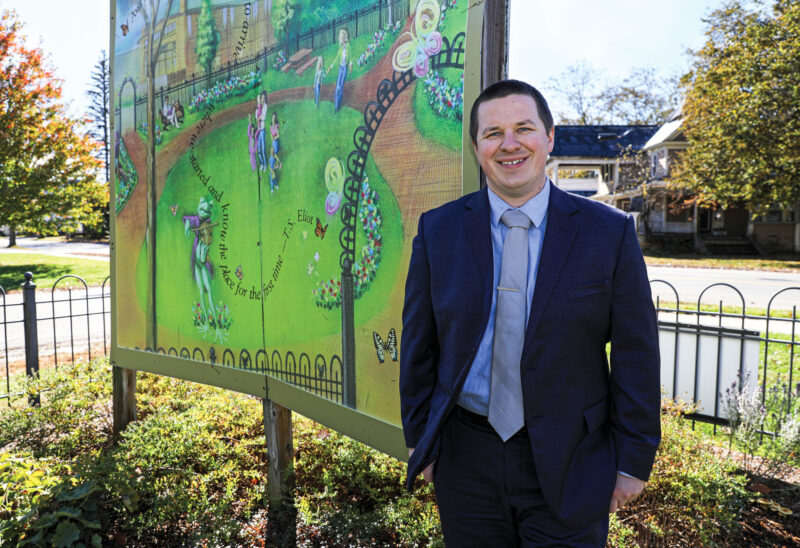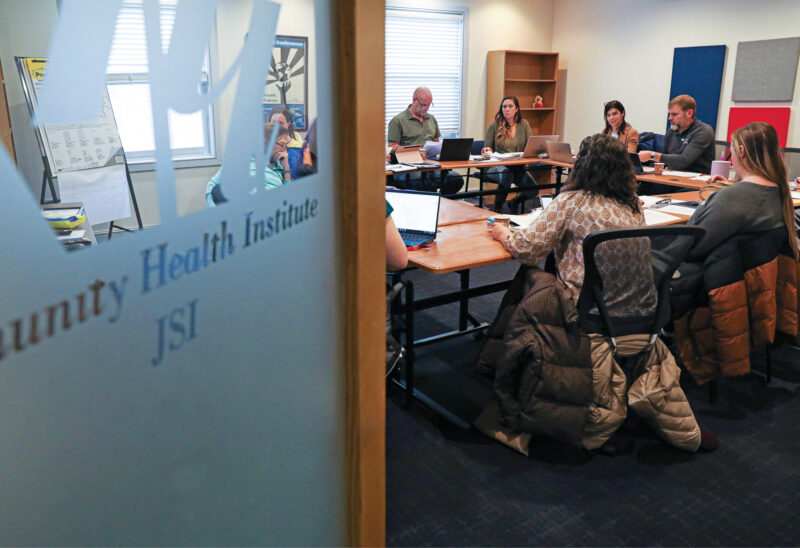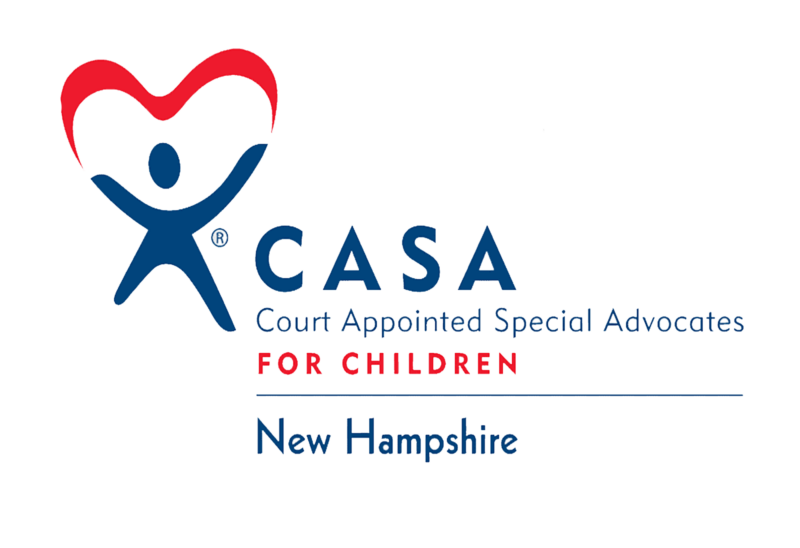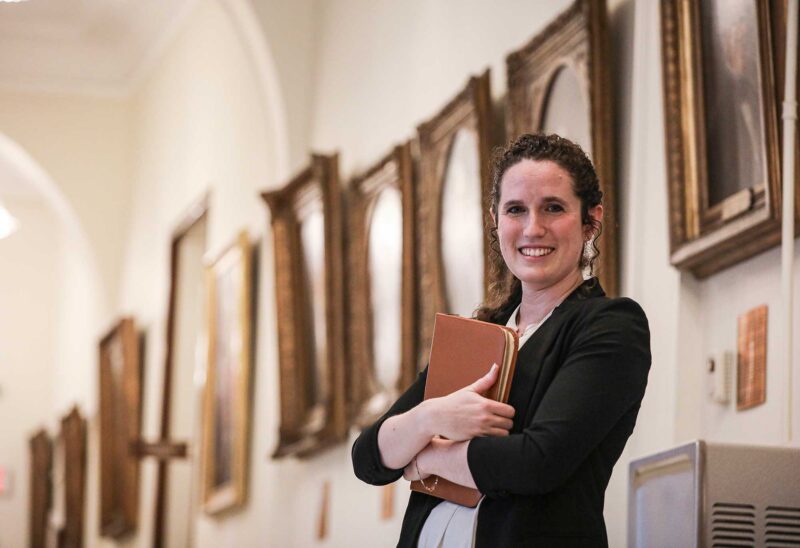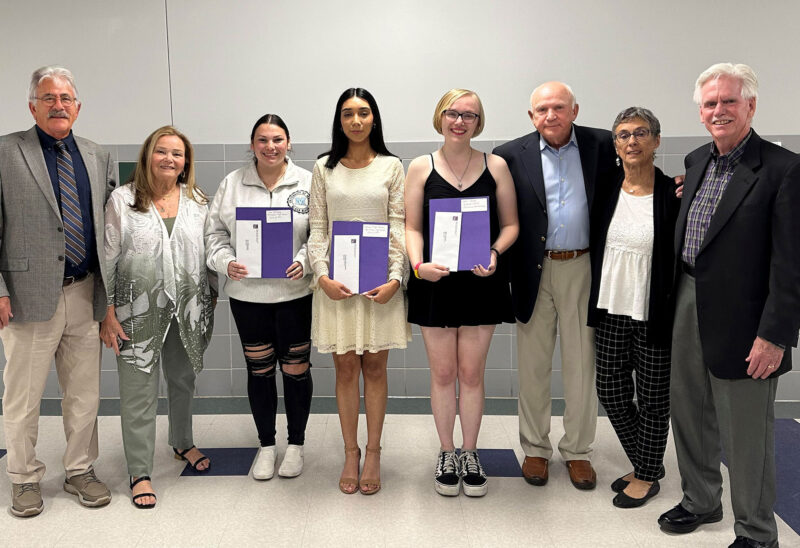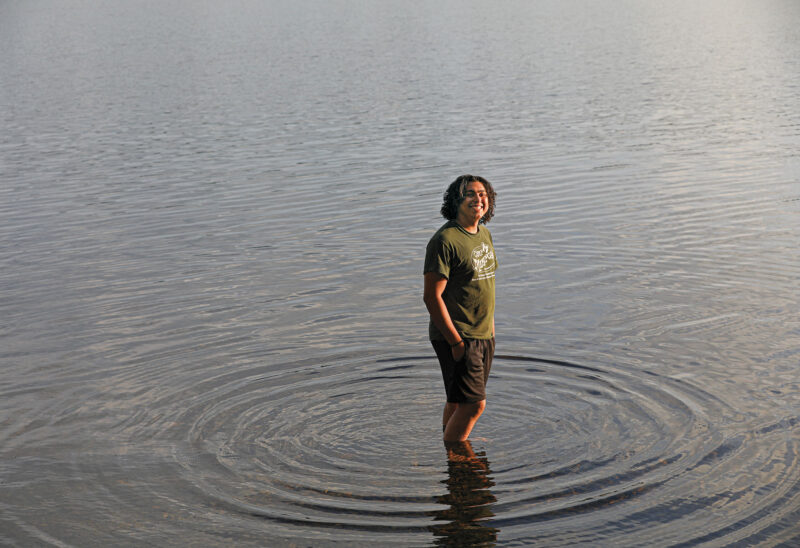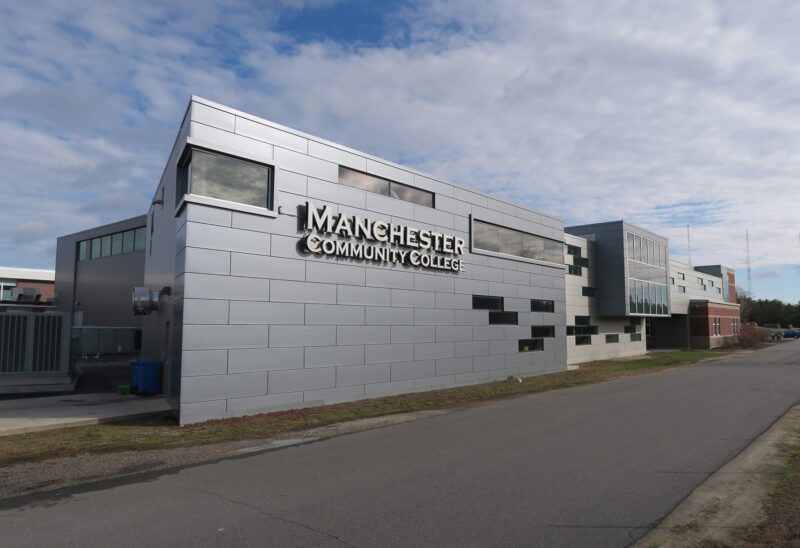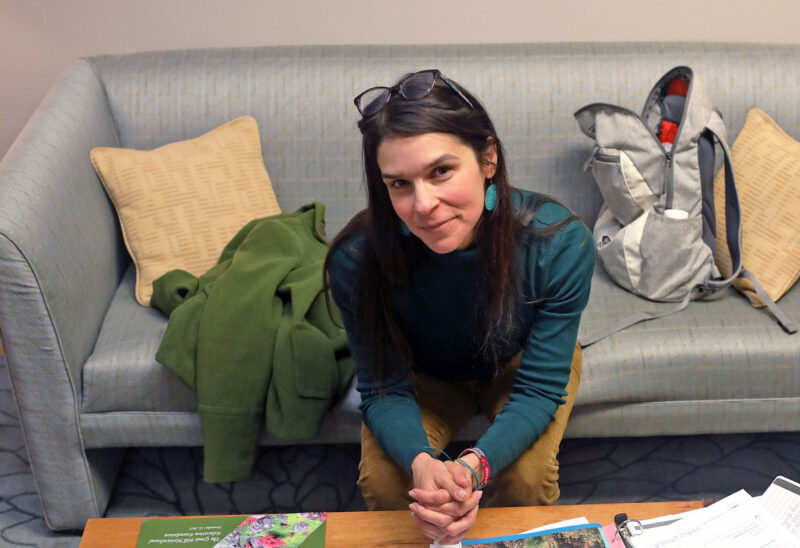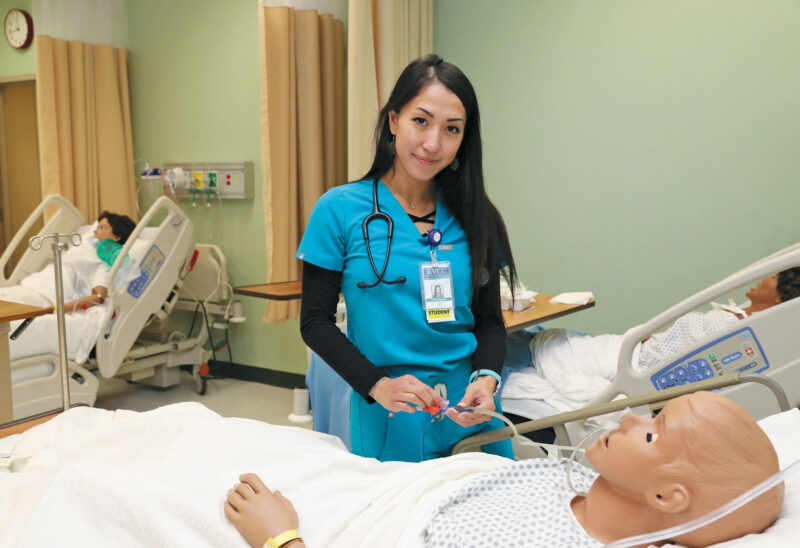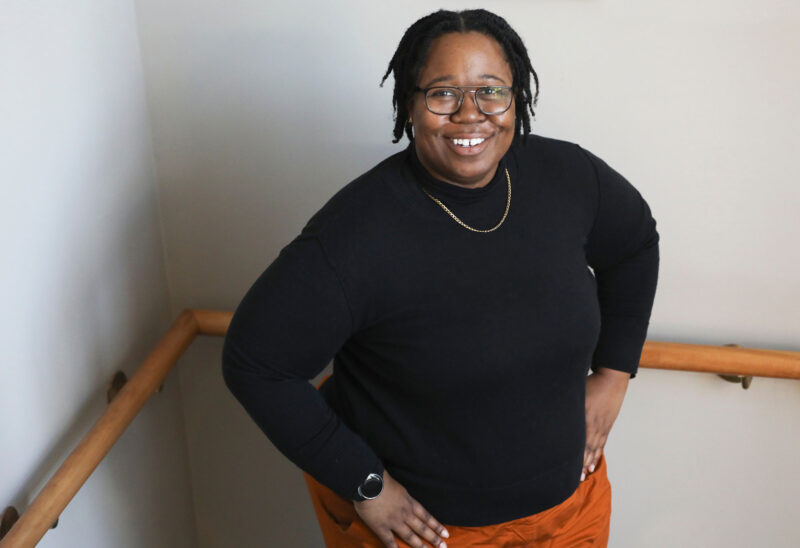The word “bishop” comes from Greek roots meaning “above” and “looking” which means that a bishop literally “sees over” the landscape. I see over an educational landscape that includes vast disparities in opportunity for children: the Episcopal Church founded what are now considered prestigious schools — Holderness, St. Paul’s and White Mountain. But within the Diocese of New Hampshire are also public schools with crumbling buildings where more than 50 percent of students qualify for free and reduced-price lunch. Two years ago, the New Hampshire Charitable Foundation invited me to read Dr. Robert Putnam’s “Our Kids: The American Dream in Crisis” and to attend his presentations about the growing opportunity gaps that leave many of our youth behind. I learned that so many children in our state do not have access to mentoring, high-quality early childhood education, enrichment activities, interactions and social networks that can help them succeed. I sensed the Spirit calling our Church to help close the disparities that hinder so many children from flourishing.
Our parishes are working toward that end, and they are working with children who come from any faith tradition, or none. Here is what we are up to:
- Grace Church, in East Concord, established a “Take a Tote” program that provides nourishment during weekends for children who rely on schools to feed them during the week.
- St. John’s, in Walpole, developed an afterschool arts program that engages adults and more than 40 kids from the local elementary school.
- St. John’s, in Portsmouth, offers a choir school and after-school tutoring.
- St. Thomas, in Hanover, offers “Bots and Tea,” a chance for kids to explore robotics.
- St. James’, in Keene, working with the Franklin Elementary School, has established an afterschool tutoring and mentoring program.
- Union Church, in West Claremont, hosts a community music school.
- St. Paul’s, in Lancaster, and St. Mark’s, in Groveton, provide a summer camp that makes it possible for kids to have healthy, wholesome experiences when school is not in session. I treasure a thank-you note I got from a child in the North Country who visited the ocean for the first time as part of that camp experience.
Those are just a few of the ways the Episcopal Church of New Hampshire seeks to narrow the opportunity gap. I’m so proud of our congregations that are striving to bring healthy, caring, stable relationships of support to children, so that they may learn to flourish and to love whatever is just and true and good. Yes, we have those prestigious schools in our oversight, but I get so much more delight seeing how our churches are fulfilling the role that the Episcopal Church had in the early days of our Republic — of being strong advocates for public education and for the welfare of all children.
It was the invitation of the Foundation that lit a holy fire under my seat, for which I am so grateful. Since then I’ve been deeply honored to be a part of the New Hampshire Tomorrow Leadership Council. We are addressing one of the most urgent crises facing our society. There really is no higher calling.

